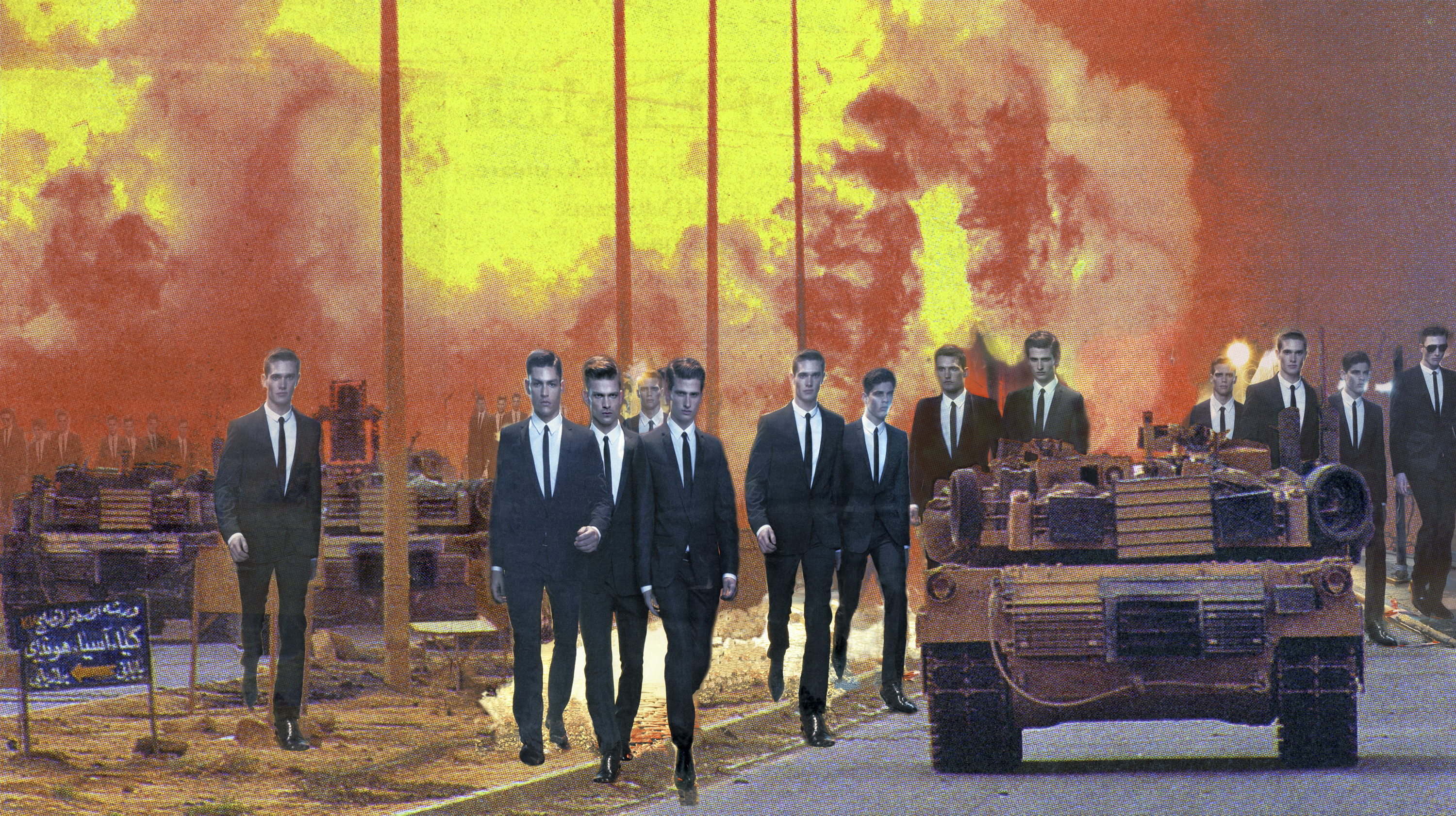Martha Rosler (2013)

Host Nato Thompson speaks with Martha Rosler about the political concerns that have galvanized her artistic practice since she first made innovative artworks engaging the subjects of war, gender, consumerism and poverty. Her early photo-collages, performances and videos, including House Beautiful: Bringing the War Home (1967–72), Semiotics of the Kitchen (1974–75) and The Bowery in Two Inadequate Descriptive Systems (1974–75), stand as seminal examples of politically engaged art. Speaking with Thompson, Rosler reflects on her motivations during a period in which she was deeply involved with feminist and anti-Vietnam War activism on the one hand, and conceptual art on the other, noting, “I was more interested in changing the world than changing the art world.”
It’s a prodigious aspiration, one she relentlessly pursues to this day. When the United States invaded Iraq and Afghanistan, Rosler adapted her Vietnam War-era series “Bringing the War Home” to address the divide between the brutality of war and the luxury of American consumerism in the present. Last year, as a keynote speaker at the Creative Time Summit, she confronted issues of class through the lens of the American garage sale, previewing the “Meta-Monumental Garage Sale” she mounted at New York’s Museum of Modern Art last fall.
Rosler reviews the significant cultural changes she has witnessed throughout her career as an artist, activist and educator, and looks ahead to her next show. But first, the artist dispels a pervasive rumor about her past: born and raised in Crown Heights, not Canada, she proudly avows, “I am so Brooklyn.” By the end of this conversation, you won’t doubt it.
This program is part of a regular series, Forms of Life, hosted by Creative Time’s Chief Curator, Nato Thompson and produced for their online magazine, Creative Time Reports, in partnership with ARTonAIR.org. Guests are culture makers whose work posits new ways of looking at political realities. By addressing a wide range of issues such as alternative economies, calcified political structures, new forms of collective living, or simply being a thorn in the side of normality, Forms of Life interviews provide an opportunity to think counterintuitively about social conditions people face around the world.
RELATED PROGRAMS

Creative Time Radio
RADIO SERIES
Creative Time is a New York-based non-profit organization dedicated to commissioning, presenting and preserving the most challenging, pioneering and exceptional art of the contemporary period. Its prerogative is advancing and fostering the artist, creating a space where ideas are valued over economics and artistic and intellectual engagement with the public are encouraged over exclusivity. The goal is a democratic one: for the use of free space and a creation of dialogue in the public arena.
Creative Time was founded in 1974 and has, since its foundation, encouraged artistic and public discourse with the preeminent social, cultural, political and environmental issues and concerns of our contemporary period. It has encouraged artists to address timely issues such as the AIDS pandemic, domestic violence and racial inequality, including among its alumni community Vito Acconci, Diller + Scofidio, David Byrne, Felix Gonzalez-Torres, Red Grooms, Jenny Holzer, Takashi Murakami, Shirin Neshat, Sonic Youth, Elizabeth Streb and a near-infinitude more.
In engaging with public spaces and ideas, Creative Time fosters and contributes to the eclectic and vibrant spirit of the city in which it was born.






